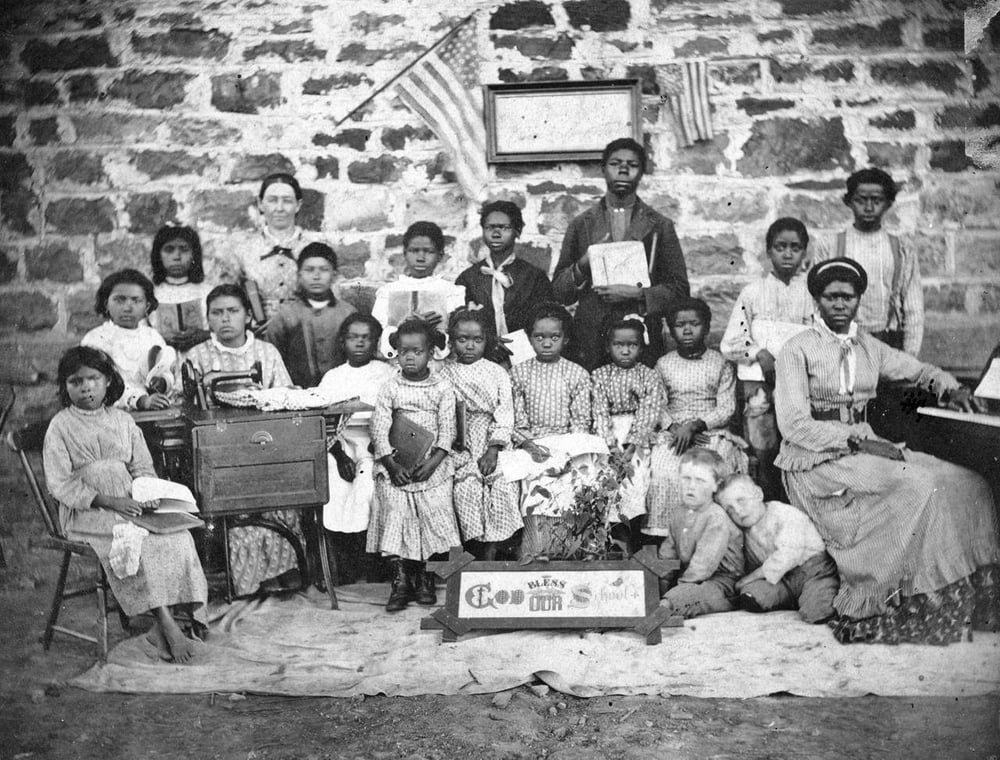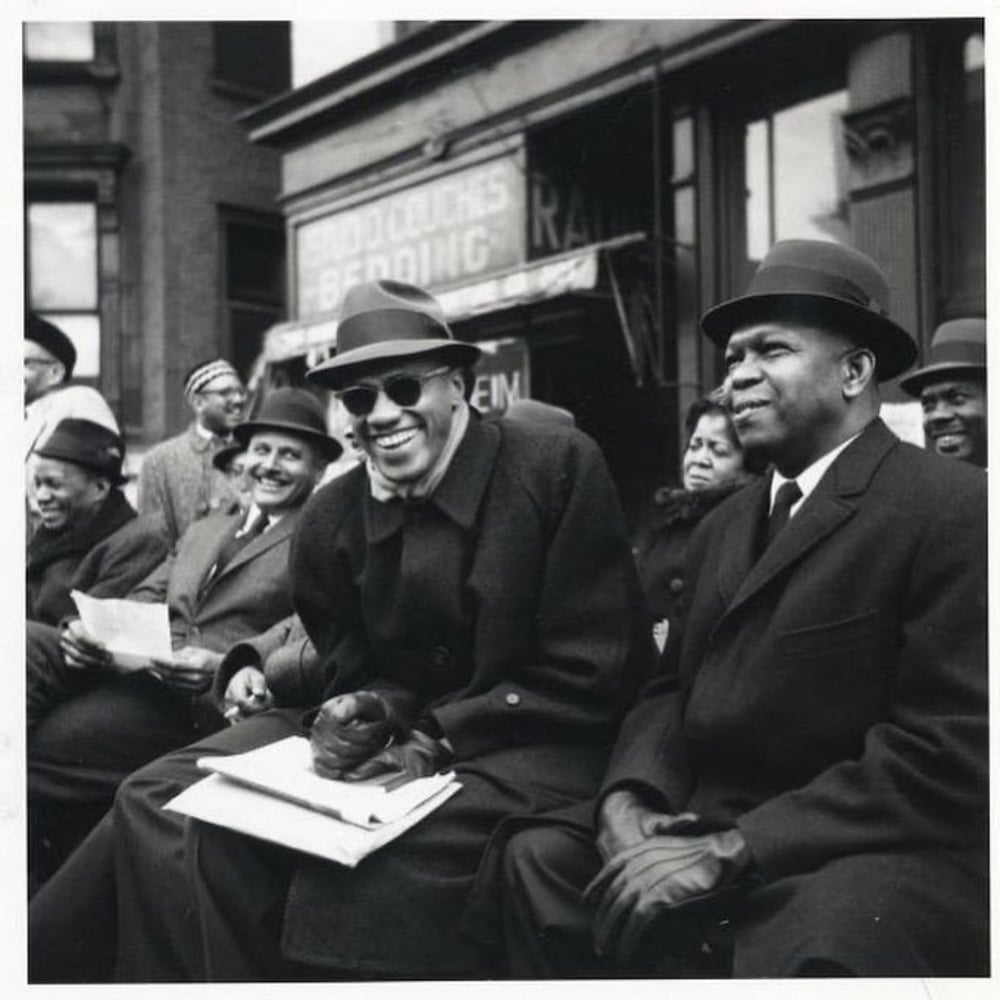American Freedmen
“It’s nearly impossible to find your purpose when you don’t know what you’re worth”
A progressive grassroots movement to re-establish the Freedmen’s Bureau that is led by American Freedmen.
The Freedmen’s Bureau
“On March 3 1865, Congress established The Freedmen’s Bureau, a Bureau created to support millions of African Americans with the transition to freedom. Bureau agents worked to provide aid to the Freedmen by supporting them in acquiring land, opening new schools, by providing healthcare in Freedmen hospitals, securing employment, and by making reconnections to Freedmen family members.”
“Within four years, the Freedmen’s Bureau with the help of aid societies increased the number of schools from 740 with 90,589 students to 2,677 schools with 149,581 students. In 1865 about 90% of the black population was illiterate but by 1880 it had decreased to 70%. An improvement of 200% in 15 short years.”
Howard, Hampton, Atlanta, Morehouse (formerly known as Augusta Theological Institute), & Fisk University were founded with the help of the Freedmen’s Bureau & aid societies such as the American Missionary Association & the American Baptist Home Mission Society (main predecessors of the American Home Mission Society). The Bureau also gifted a building to what is now Dillard University (formerly Straight University, 1869, founded by American Missionary Association of The Congregational mentioned above).
Though Congress did provide some funding to help establish some of the Freedmen schools, the Bureau worked mostly in conjunction with aid societies to raise a majority of the funding & American Freedmen along with their non-Freedmen supporters provided much of their own money & labor to support the newly formed schools.

Who are the American Freedmen?
Generally known as Black or African American, American Freedmen are descendants of survivors of U.S chattel slavery, the U.S emancipation, and/or freed Black persons in the U.S prior to the 19th century. American Freedmen are an amalgamation of tribes of tribes from the Americas, Europe, and Africa at their roots that began forming around the 1600 Americas before the U.S formed. An ethno-genesis that was Made in America.
W. E. B. Du Bois
“The passing of a great human institution before its work is done, like the untimely passing of a single soul, but leaves a legacy of striving for other men. The legacy of the Freedmen’s Bureau is the heavy heritage of this generation. Imagine a far better policy: a permanent Freedmen’s Bureau, with a national system of Negro schools, a carefully supervised employment and labor office, a system of impartial protection before the regular courts, and such institutions for social betterment as savings banks, land and building associations, and social settlements.”- W. E. B. Du Bois, regarding The Freedmen’s Bureau, “Souls of Black Folks”
Callie House
In 1891, Callie House read a pamphlet titled, “Vaughn’s Freedmen’s Pension Bill: A Plea To American Freedmen” which inspired House, along with Isaiah Dickerson, to found the National Ex-Slave Mutual Relief, Bounty and Pension Association which lobbied for federal legislation in support of pensions for formerly enslaved persons. House was one of the first supporters of reparations for American Freedmen. In 1915, House sued the US Treasury Department for $68,073,388.99, a calculation based on the money generated from the labor of enslaved people’s.
Frederick Douglass
“The mission of the Freedman’s Bank is to show our people the road to a share of the wealth and well being of the world. It has already done much to lift the race into respectability, and, with their continued confidence and patient cooperation, it will continue to reflect credit upon the race and promote their welfare. It has long been a bitter complaint against the Freedman’s Bank that it withdrew money from distant localities and invested it here at the capital. The bill which has now become a law has removed all ground of complaint on this point. It provides that loans shall be made in the vicinity of the different branches, so that the people who deposit their money may now feel assured that it will not be withdrawn to build up Washington, but will be employed to quicken industry and improve the condition of the country where it is collected. This feature of the bill alone goes far to recommend the Freedman’s Savings and Trust Company to the confidence and favor of the colored people.” -Frederick Douglass, Published in The New National Era, June 25, 1874
Dr. Mary McLeod Bethune
“I LEAVE YOU HOPE. The Negro’s growth will be great in the years to come. Yesterday, our ancestors endured the degradation of slavery, yet they retained their dignity. Negroes have got to demonstrate still more confidence in each other in business. This kind of confidence will aid the economic rise of the race by bringing together the pennies and dollars of our people and ploughing them into useful channels. Economic separatism cannot be tolerated in this enlightened age, and it is not practicable.” -From the Will & last testament of Black American Freedwoman Dr. Mary McLeod Bethune
